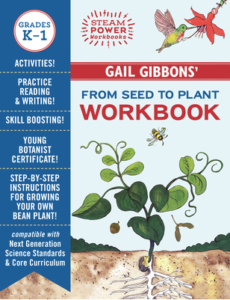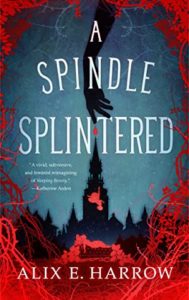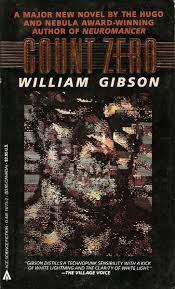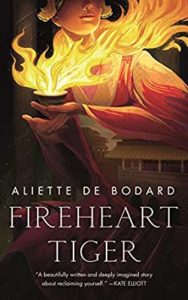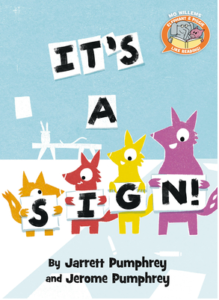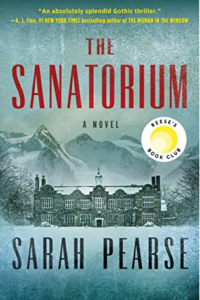with Rovina Cai’s amazing illustrations.
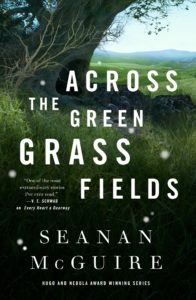 One thing I love about the books in Seanan McGuire’s Wayward Children series is how they’re all so readable. Even if I don’t like her protagonists or think characters are being daft or soapboxy, her pacing is usually so well done that I’m never bored with what’s happening, and keep turning the pages to see what comes next. Across The Green Grass Fields is no different.
One thing I love about the books in Seanan McGuire’s Wayward Children series is how they’re all so readable. Even if I don’t like her protagonists or think characters are being daft or soapboxy, her pacing is usually so well done that I’m never bored with what’s happening, and keep turning the pages to see what comes next. Across The Green Grass Fields is no different.
In an overarching setting where doorways suddenly open to allow troubled children to escape from our mundane world to a different reality, this installment of the series finds an 11 year-old girl named Regan walking through a portal to a realm where all the hoofed creatures of mythology are real. In the Hooflands, our heroine falls in with a family of centaurs who intend to present her to the Queen, eventually. You see, whenever a human appears in their kingdom, it’s the harbinger of turmoil. Whether that turns out to be for good or evil is another question entirely. Some humans make their way directly to the royal castle. Regan chooses to stay with her foster family and hang out for a while, which turns into years, until a trip to the Fair puts their entire group in danger.
Fleeing to the Northlands, Regan and her family make a new life for themselves, but Regan knows she’s living on borrowed time. When traders venture far enough north that rumors of the human living there begin spreading, she gathers up her courage in her hands and sets off to the castle to confront her “destiny.” Only nothing is as it seems, as she quickly discovers even before reaching her destination and uncovering its awful secret.

